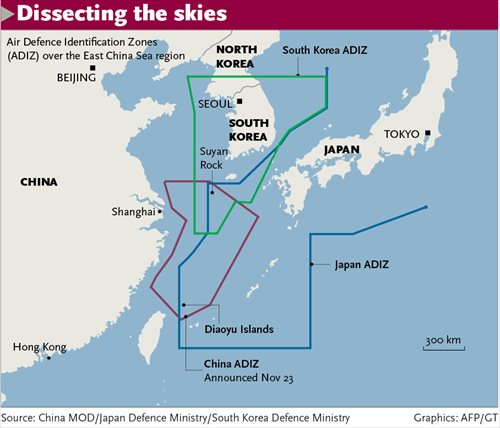South Korea says Russian military plane violates its airspace
 |
Source: AFP
According to Reuters, it was the first time a Russian military aircraft had violated South Korean airspace, an official at the South Korean Ministry of National Defence said in Seoul.
Two Russian Tu-95 bombers and two Chinese H-6 bombers entered the Korea Air Defence Identification Zone (KADIZ) together early on July 23, the South Korean defense ministry said.
A separate Russian A-50 airborne early warning and control aircraft later twice violated South Korean airspace over Dokdo - an island that is occupied by South Korea and also claimed by Japan, which calls it Takeshima - just after 9 a.m. (midnight GMT July 22), said the South Korean military.
Russia’s defense ministry said two Tu-95 strategic bombers carried out a planned flight, but denied that they had violated South Korean airspace and said it did not recognize South Korea’s KADIZ.
There were no warning shots from the South Korean fighters, the Russian defense ministry said in a statement, which made no mention of any A-50 aircraft.
The Russian ministry said two South Korean F-16 fighter planes carried out “unprofessional maneuvers,” crossing the path of Russian bombers and did not communicate with them.
“It was not for the first time that South Korean pilots tried unsuccessfully to prevent Russian aircraft from flying over the neutral waters of the Sea of Japan,” the ministry said.
A South Korean defense ministry spokesman did not directly address the Russian accusation of reckless behavior, but said that South Korea never said the Tu-95 bombers had violated its airspace.
China’s foreign ministry said South Korea’s air defense identification zone was not territorial airspace and all countries enjoyed freedom of movement in it.
South Korea’s top security adviser, Chung Eui-yong, lodged a strong objection with Nikolai Patrushev, secretary of the Security Council of Russia, asking the council to assess the incident and take appropriate action, South Korea’s presidential office said.
“We take a very grave view of this situation and, if it is repeated, we will take even stronger action,” Chung said, according to South Korea’s presidential office.
‘TACTICAL ACTION’
South Korea’s foreign ministry summoned Russian Deputy Chief of Mission Maxim Volkov and Chinese Ambassador Qiu Guohong to lodge a stern protest and strongly urge them to prevent a recurrence, said ministry spokesman Kim In-chul.
Separately, Japan lodged a complaint with both South Korea and Russia over the incident, Chief Cabinet Secretary Yoshihide Suga said.
“In light of Japan’s stance regarding sovereignty over Takeshima, the South Korean military aircraft’s having carried out warning shots is totally unacceptable and extremely regrettable,” Suga told reporters in Tokyo.
South Korea scrambled F-15 and F-16 fighter jets in response to the intrusions.
The South Korean jets fired about 360 rounds of ammunition during the incident, an official at South Korea’s Joint Chiefs of Staff (JCS) said.
“The South Korean military took tactical action including dropping flares and firing warning shots,” the defense ministry said.
A South Korean defense official told Reuters that the Russian aircraft did not respond in any threatening way.
The Russian aircraft left South Korean airspace but then entered it again about 20 minutes later, prompting the South Koreans to fire more warning shots.
The ministry said South Korean warplanes “conducted a normal response” to the incursion, without giving further details./.
VNF/Reuters
Recommended
 World
World
India reports 9 Pakistani Aircraft Destroyed In Operation Sindoor Strikes
 World
World
Thailand Positions Itself As a Global Wellness Destination
 World
World
Indonesia Accelerates Procedures to Join OECD
 World
World
South Korea elects Lee Jae-myung president
 World
World
22nd Shangri-La Dialogue: Japan, Philippines boost defence cooperation
 World
World
Pakistan NCRC report explores emerging child rights issues
 World
World
"India has right to defend herself against terror," says German Foreign Minister, endorses Op Sindoor
 World
World
